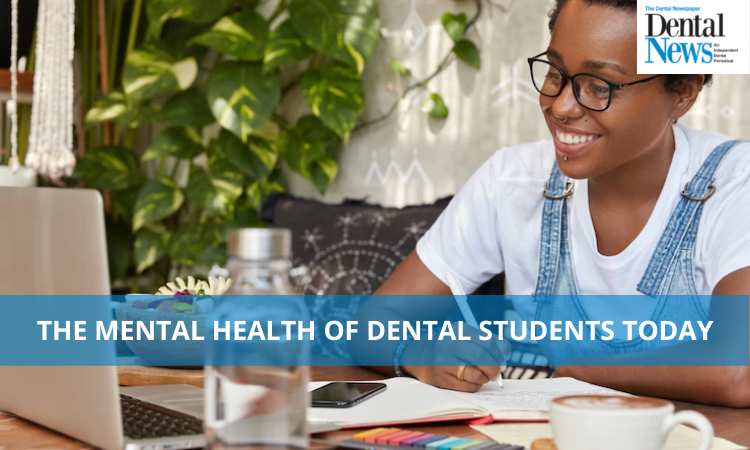
The discussion about mental health among students is now being highlighted more frequently. Similarly, dental students are not immune to anxiety and depression since elevated stress levels associated with education and jobs are very well-known. The claims are further confirmed by a few studies where statistics show a high suicide rate among dental students.
The most common reasons behind the mental health effects of being in a dental profession range from financial concerns to limited job prospects and keeping up with the nervous education system, which requires fine tuning both academic and clinical skills. Lack of access to post-graduate degrees due to a flawed education system is another major factor restraining the dentist's growth. This brings about a challenge to address and highlight the problems among students and dentists to help them with coping strategies while advising them to seek help when needed.
Recognise the Signs of Altered Mental Health
Since mental health is not physical, the signs are not so evident. However, it isn't entirely impossible to rule out the behaviour and actions associated with a specific environment. While particular stress can be a motivator, exceeding stress can lead to a downward spiral of physical and mental exhaustion, eventually leading to burnout.
Identifying the signs of declining mental health is the key to reducing the noise levels in the brain associated with stress. Some of the behavioural changes and their actions can look like,
Detachment and feeling of isolation lead to reliance on a stimulus resulting in physical exhaustion or illnesses. A negative outlook on life leads to drug abuse resulting in chronic pain.
Depression leads to a lack of social commitments resulting in sleep disturbances.
Neglecting responsibilities, reduced efficiency at work, tiredness, and changes in appetite are also some of the signs which must be kept in mind.
Coping Strategies
While identifying risk factors is a significant issue, taking steps toward acknowledging and correcting these risk factors is an important task. Healthy habits, mindful exercises and getting enough sleep are the prerequisites. It is important to note that specific coping strategies require knowledge and practice. Adding a distracting element, i.e. a hobby, can also significantly impact stress management. However, when the situation is out of control and non of these modifications are helping - it is best advised to seek professional help.
Having identified that most dental students experience mental health-related challenges at university. It is arbitrary to suggest that stress management and wellbeing courses should be integrated into BDS programmes. Mindfulness-based stress reduction training for medical and psychology students has shown a significant positive effect on mental wellbeing. Furthermore, a study has also shown that 58.7% of general dental practitioners reported high levels of occupational stress. Developing stress management skills from an early stage in the dental career would be beneficial to students' mental health not only during their studies but also in their future careers, resulting in them becoming more competent clinicians providing a high standard of care.

Dr Rida Qamar
The author is contributing writer at Dental News Pakistan and can be reached at Ridaqamar100@gmail.com

